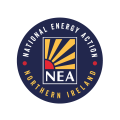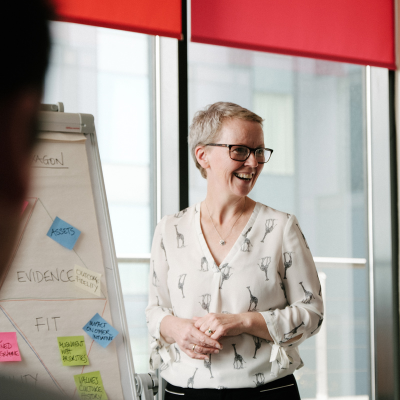NEA - NEW COURSE - Introduction to Domestic Renewable Low Carbon Technologies (Level 2 Award – CQ11641/001)

National Energy Action (NEA) NI
Course audience
Anyone who requires an introduction to decarbonising energy use in the home through the installation of the main renewable technologies.
Pre-requisite
The course requires no prior knowledge of biomass, heat pumps (air and ground source), solar thermal hot water and solar photovoltaics.
As this is a level 2 qualification, learners will require basic literacy and numeracy skills.
Course aim
The overall aim of the course is to explain the role the key domestic renewable technologies – biomass heaters and boilers, heat pumps, solar thermal hot water and solar photovoltaics – can play in decarbonising energy use in the home.
Course objectives
Explain:
- decarbonisation
- the main renewable heat technologies – biomass, heat pumps and solar thermal hot water
- renewable electricity – solar photovoltaics
- the factors to consider before installing domestic renewable technologies
- advantages and drawbacks of the main technologies
Course content
The course will be broken down into four sections as follows:
Session 1 – Background and Biomass
- What is decarbonisation?
- Energy use in the home and emissions
- How to decarbonise domestic energy use
- Role of biomass:
- biomass fuels
- technologies – stoves and pellet boilers
- emissions and regulations
- storage and delivery
- advantages and drawbacks of biomass
- property/ householder checklist – what the householder should be considering when installing this technology in terms of property characteristics and their circumstances
Session 2 – Heat Pumps
- How they work
- Types of heat pump
- Focus on air source and ground source
- Heat distribution systems
- Cost and maintenance
- Advantages and drawbacks
- Property/ householder checklist
Session 3 – Solar Thermal Hot Water
- How it works
- Solar collectors
- Ideal setting
- Output
- Cost and maintenance
- Advantages and drawbacks
- Property/ householder checklist
Session 4 – Solar PV
- Electricity use in the home
- How solar PV works
- Output
- Ideal setting
- Grid-tied battery storage
- Cost and maintenance
- Advantages and drawbacks
- Property/ householder check
- Advice services
- Carers
- Children and families
- Community development
- Disability
- Education/training
- Health and wellbeing
- Housing and homelessness
- Lobbying/policy
- Men
- Older people
- Race/ethnicity
- Rural development
- Volunteer development
- Women
- Young people
Date and Time
- -
- -

